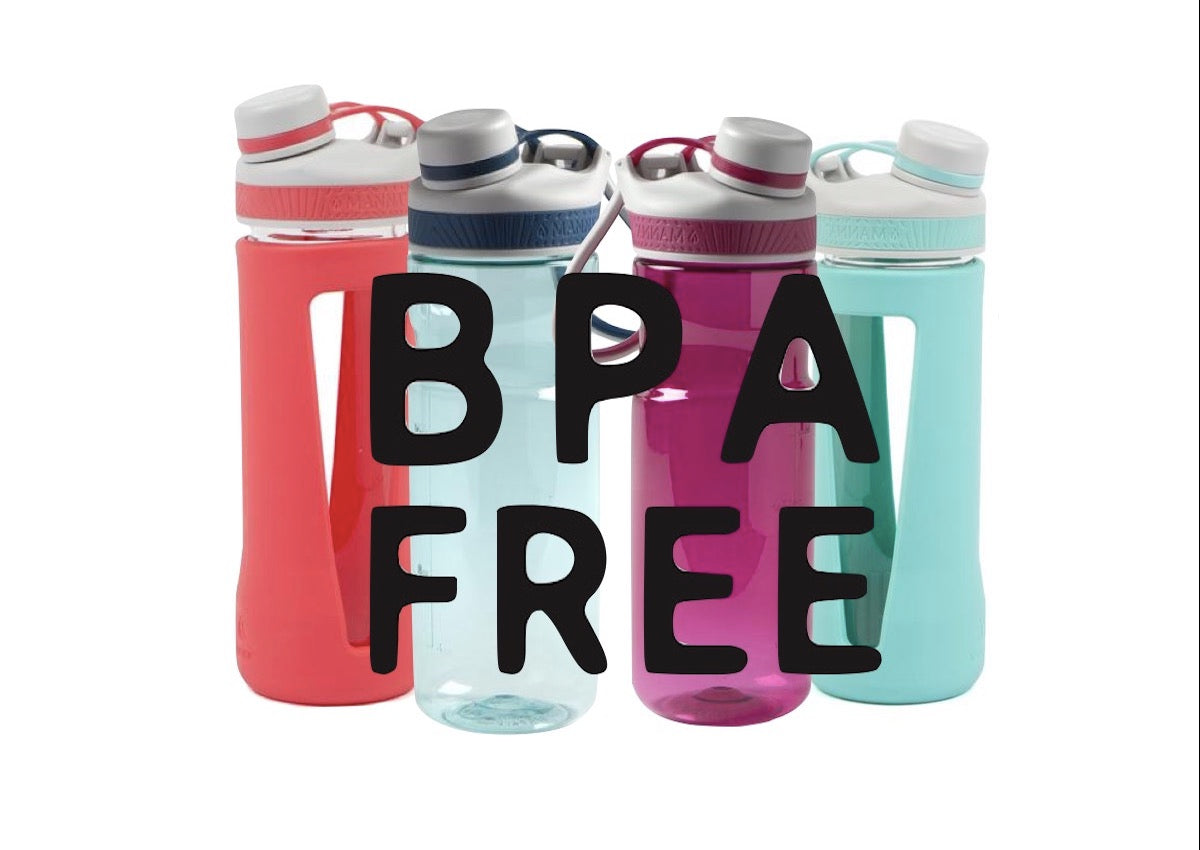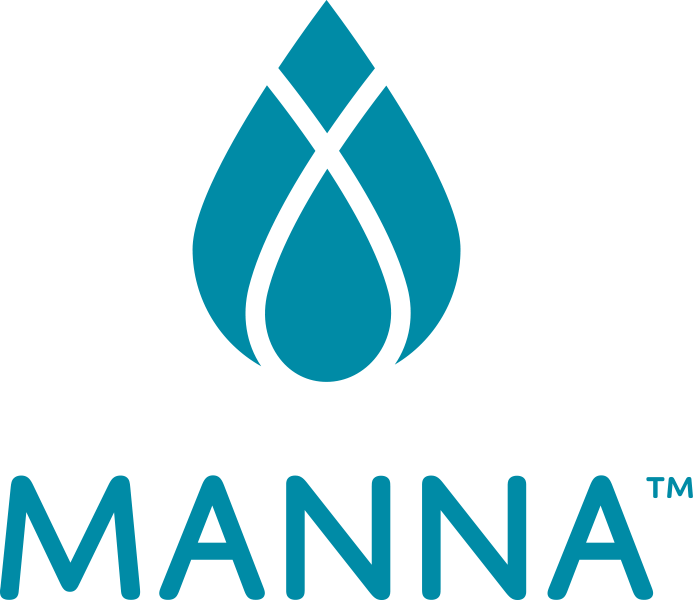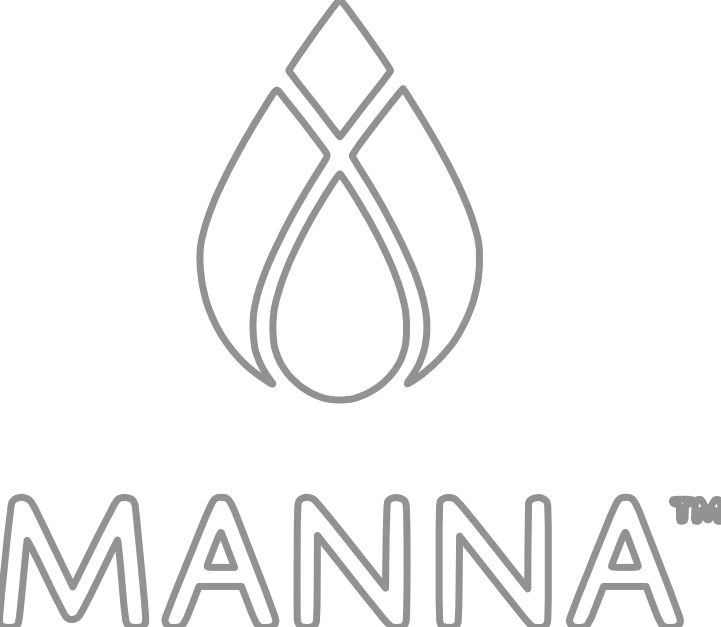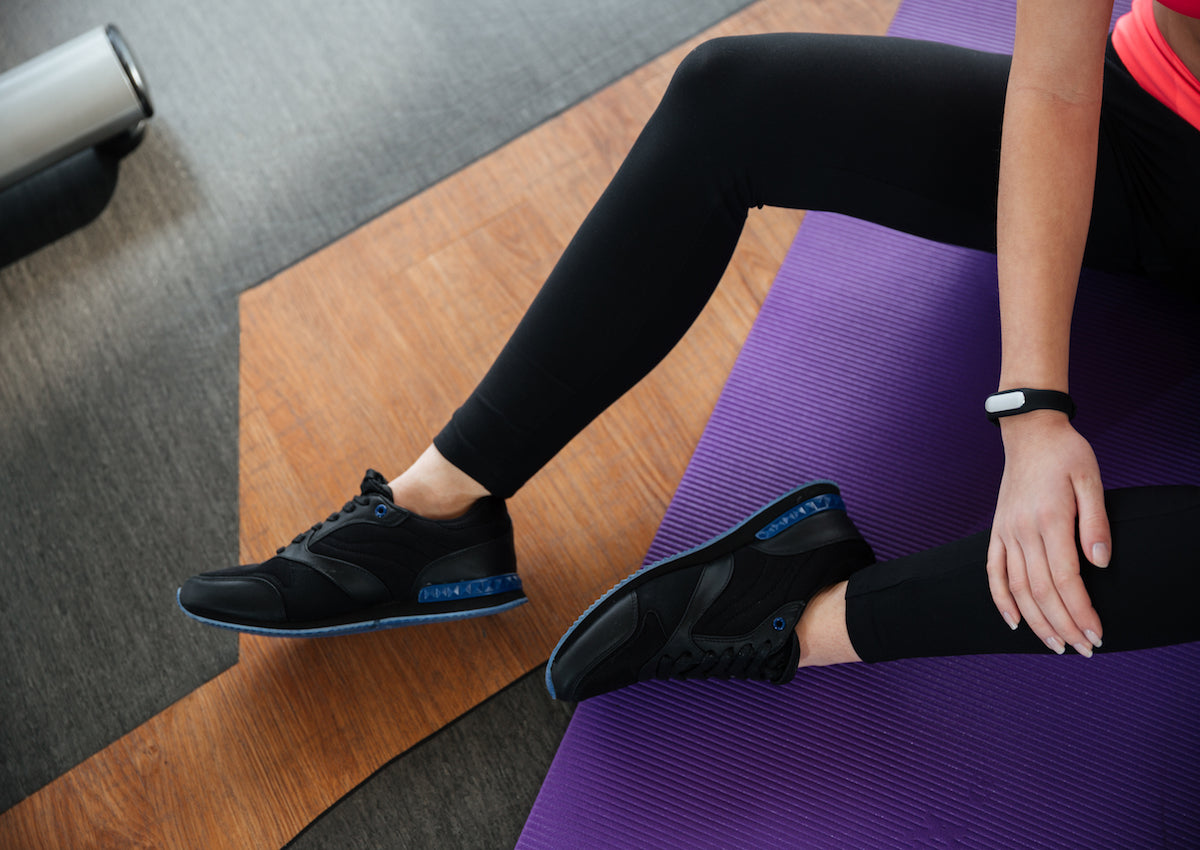
BPA-Free Bottles: The Amazing Bottle of the Future
Drinking a healthy beverage out of an unhealthy bottle is as pointless as smoking a cigarette while running on a treadmill. Why do something good only to simultaneously undo the good?
Unless your doctor has prescribed a “One Step Forward, Two Steps Back” regimen, it’s much better to make the most of your healthy lifestyle by making smarter decisions.
Drinking from a BPA-free bottle is an easy way to keep potentially harmful chemicals out of your body.
What is BPA?
BPA stands for Bisphenol A. It has a chemical compound with lots of O’s and H’s and C’s and numbers, and if, like me, you daydreamed during chemistry class, the formula will be as foreign as anything taught in French 101.
In layman’s terms, BPA is used to make plastics.
Remember that scene from The Graduate when Mr. McGuire gave Dustin Hoffman’s character some unsolicited advice at a party?
McGuire: “I just want to say one word to you. Just one word. Are you listening? Plastics. There’s a great future in plastics. Think about it.”
Mr. McGuire knew what he was talking about.
An Incomplete History of BPA
In the 1950’s—back when scientists still thought it was acceptable for pregnant women to drink booze—BPA came into commercial use. Just under six decades later, 4 million metric tons of BPA were produced for manufacturing polycarbonate plastic in 2015 alone. (I can only assume the BPA Wikipedia page was written by Mr. McGuire.)
For many years, BPA was considered safe. (We also thought we could avoid dying in a nuclear blast by hiding under a desk.)
In 2008, however, the worldwide investigation into BPA products began, resulting in a BPA ban in baby bottles.
Although there is no scientific consensus, it is believed BPA can mimic estrogen (and/or affect estrogen) which is not something a mother and her fetus want to hear. There’s also a fear BPA exposure can affect thyroid function, metabolism and this thing inside our heads called the brain. Throw cancer into the mix and it’s no wonder people are searching for BPA-free options.
BPA-Free
And by “free” we don’t mean “just pay shipping and handling.”
Over the years, various international health organization have changed the status of BPA from “nothing to see here” to “uh, wait a minute” to “better keep an eye on that.”
But who wants to sit around and wait for a bunch of eggheads to agree on what may or may not kill us?
Until BPA is banned worldwide, we will all have to deal with low-level exposure while keeping our fingers crossed. But, we do have the ability to control BPA when it comes to our water bottles.
BPA-Free Water Bottles
According to a Harvard study, BPA has been found to leach from drinking bottles making each sip of thirst-quenching water a virtual chemical cocktail.
Boston, MA — A new study from Harvard School of Public Health (HSPH) researchers found that participants who drank for a week from polycarbonate bottles, the popular, hard-plastic drinking bottles and baby bottles, showed a two-thirds increase in their urine of the chemical bisphenol A (BPA).
Gulp! (From a BPA-free water bottle, of course.) The report continues:
Exposure to BPA, used in the manufacture of polycarbonate and other plastics, has been shown to interfere with reproductive development in animals and has been linked with cardiovascular disease and diabetes in humans.
We can only assume the folks at Harvard know what they are talking about. (Try to ignore the fact that Harvard also brought us National Lampoon.)
What to Buy?
Yes, there are other ways to limit exposure to BPA: avoid canned foods, keep plastic containers out of the dishwasher and microwave and use your mother’s good silverware instead of plastic knives and forks.
But purchasing a BPA-free water bottle is one of the easiest fixes available.
BPA products often have the recycling numbers 7, 3 or 6. However, the easiest way to know if your product is BPA-free is to buy a product which proudly advertises its BPA-free status.
Manna Hydration bottles are all BPA-free. Not only are Manna Hydration bottles stylish and functional, but they are also good for your body and the environment.
The choice is simple: Manna Hydration BPA-free water bottles should be at the top of your shopping list.
It will make the white coats at Harvard happy.



1 comment
Would that be Bps and Bpf free aswell?
Shah
Leave a comment
This site is protected by hCaptcha and the hCaptcha Privacy Policy and Terms of Service apply.